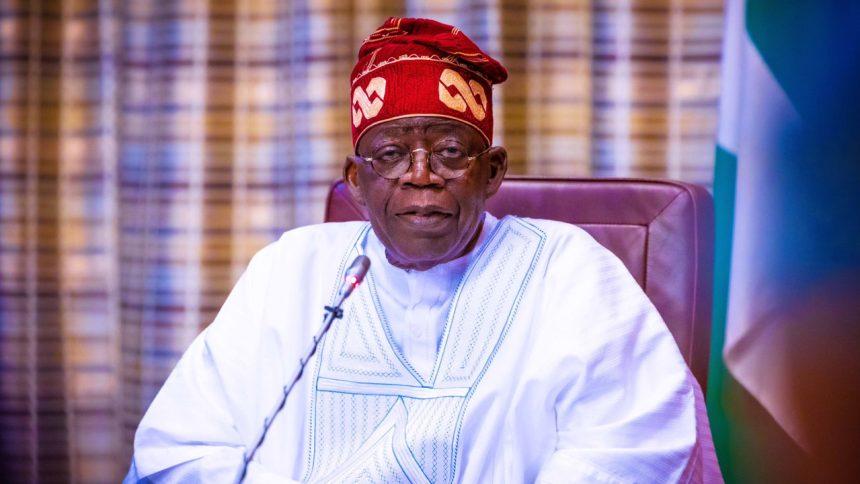President Bola Tinubu has revealed some of the Cogent economic directions of his administration for the new year in his nationwide address on Monday.
The President, who delivered the New Year speech in Abuja, explained that his administration will ramp up effective Service Delivery across all Sectors. In his address, the president detailed the goals of his administration for 2024 and beamed the light on his plans for the socioeconomic well-being of Nigerians.
Below are five of the key takeaways from the Presidents’ Address:
- Tax and Fiscal Policy Reforms
The President stated that his administration will implement reforms so tht the tax and fiscal policies can enable a thriving business environment. He added that he will not hesitate to remove any brick walls hindering local and foreign investment in the country.
He said,
“In this new year, we will race against time to ensure all the fiscal and tax policies reforms we need to put in place are codified and simplified to ensure the business environment does not destroy value. On every foreign trip I have embarked on, my message to investors and other business people has been the same.
“Nigeria is ready and open for business. I will fight every obstacle that impedes business competitiveness in Nigeria and I will not hesitate to remove any clog hindering our path to making Nigeria a destination of choice for local and foreign investments.”
- Implementation of New Living Wage for workers
The President also reinstated his commitment to increase the living wage of workers in the year 2024.
“It is in this spirit that we are going to implement a new national living wage for our industrious workers this New Year. It is not only good economics to do this, but it is also a morally and politically correct thing to do,” he said.
- Full Operations of Modular, Port-harcourt and Dangote Refineries
The President also stated that the the local refineries, the Port Harcourt refinery as well as the privately-owned Dangote refinery will begin operation this year.
Tinubu also emphasized that the renewed drive to restart all state-owned refineries is part of his administration’s blueprints for the year.
He said,
“In 2024, we are moving a step further in our quest to restart local refining of petroleum products with Port Harcourt Refinery, and the Dangote Refinery which shall fully come on stream,” he noted.
READ ALSO:2024: Nigerians Expect Government to move from Narrative to Action in Bridging housing deficit
- Steady Power Supply through Installation of Power Projects
The President also noted his administration will ensure constant power supply through various power installation projects all across the country.
He said,
“Just this past December during COP28 in Dubai, the German Chancellor, Olaf Scholz, and I agreed and committed to a new deal to speed up the delivery of the Siemens Energy power project that will ultimately deliver a reliable supply of electricity to our homes and businesses under the Presidential Power Initiative which began in 2018.
“Other power installation projects to strengthen the reliability of our transmission lines and optimise the integrity of our National grid are ongoing across the country. My administration recognises that no meaningful economic transformation can happen without a steady electricity supply.”
- Food Security and Affordability
According to President Tinubu, the primary objectives on his agenda list are ensuring food security and reducing food inflation.
the president in his address promised to tackle the rising cost of food items by providing stimulus for farmers to grow agricultural products.
“To ensure constant food supply, security and affordability, we will step up our plan to cultivate 500,000 hectares of farmlands across the country to grow maize, rice, wheat, millet and other staple crops. We launched the dry season farming with 120,000 hectares of land in Jigawa State last November under our National Wheat Development Programme,” the President said.



